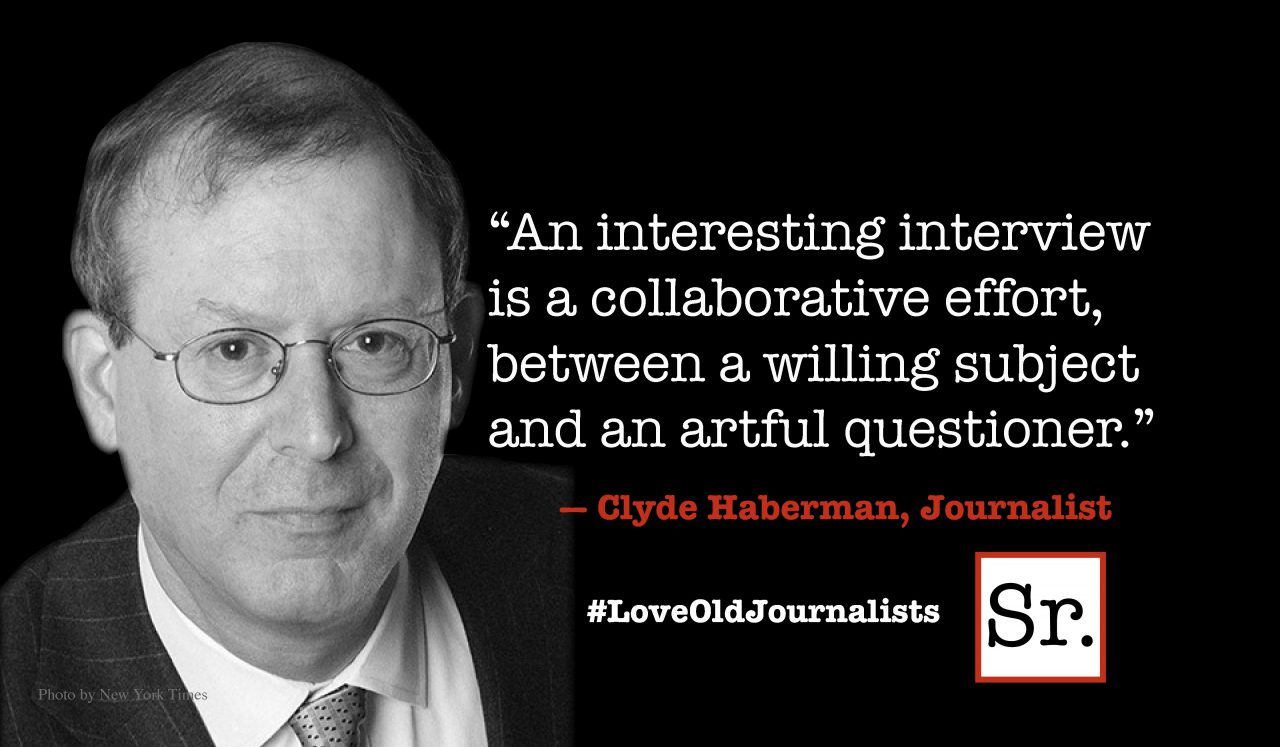 |
| Machine Gun Preacher (2011) Directed by Marc Forster |
Christian movie.
What does that mean, anyway?
Why are some films that deal with questions of faith considered Christian and others not?
The current film “Machine Gun Preacher” offers an interesting opportunity to examine that conundrum.
Don’t be freaked out by its Roger Corman-ish title. “Machine Gun Preacher” is, I believe, an earnest attempt by a semi-major filmmaker — Marc Forster (“Finding Neverland,” “Monster’s Ball,” “Stranger than Fiction” and even a James Bond picture) — to examine faith as it has played out in the life of a real person.
But it’s not a Christian movie, at least not in the way that recent releases like “Fireproof, ” “Facing the Giants” and “The Grace Card” are Christian.
“Machine Gun Preacher” (“MGP” for short) is dead serious about taking an honest look at a religiously committed individual and doing so with compassion and an open mind. It doesn’t make fun of the religious-minded.
But unlike those other films, its purpose is not to convert the unbeliever or strengthen the commitment of the already faithful. It’s far more ambivalent than that.
It's subject is the wolf lurking inside the most pious of us.
Sam Childers — played here by Scottish thesp Gerard Butler — is a real-life American biker and ex-con who found Jesus and created a mission for orphaned children in the civil war-torn Sudan.
But he also became a gun-toting, vengeful freedom fighter against the guerrilla leader Joseph Kony and his notorious Lord’s Resistance Army.
The contrast between those two selves makes “MGP” simultaneously inspiring and deeply disturbing.
We first meet Sam fresh out of prison; it takes about three minutes to declare him a bastard of the first order. This biker cannot wait to resume his life of drugs, drink and crime. He’s furious to learn that his wife Lynn (Michelle Monaghan), who became a Christian during his incarceration, has given up her lucrative job in a strip club.
With his old drug buddy Donny (Michael Shannon, nicely negotiating the space between creepy and comic), the furious Sam cuts a violent swatch that culminates with him repeatedly stabbing and leaving for dead a hitchhiker.
Apparently the enormity of his sins is too much; Sam begins attending services with Lynn, undergoes his own conversion, straightens his life out, starts a construction company and even builds his own church.
Up to this point “Machine Gun Preacher” plays like the best “Christian” movie ever, albeit one with a degree of profanity, violence, drug abuse and plain old bad attitude that more than earns it an R rating.
That’s another reason it cannot be considered a conventional Christian movie…it unblinkingly depicts behavior (sexual, verbal, violent, illegal) that the mainstream Christian audience finds deeply offensive and prefers not to watch on screen.
Inspired by a guest preacher who operates a school for orphans in Uganda, Sam visits Africa and is outraged by the atrocities of the ongoing civil war. He’s particularly horrified over the treatment of children, many of whom are unwillingly recruited into Kony’s LRS after being forced to murder their own parents.
After witnessing countless mutilations and deaths (depicted on screen in hair-raising detail), Sam announces it’s God’s will that he build his own school/orphanage in the Sudan. As a result of his humanitarian work and opposition to the LRS, Sam finds a price on his head.
And believing that the best defense is a good offense, he and a small group of opposition soldiers go after the most dangerous game available — the murderous LRS units that prey on defenseless villages.
Before long Sam becomes known as the Machine Gun Preacher.
Among the troubling questions posed by Jason Keller’s screenplay is that old perennial about the ends justifying the means. Sam is saving young lives, no doubt about that.
But you can’t go out day after day hunting your fellow man without the experience changing you in some profound way.
Is violence any more justifiable when it’s in God’s name and aimed at truly evil men?
Moreover, Sam’s obsession with his African mission leads to his near abandonment of his wife, his teenage daughter (Madeline Carroll) and his old friend Donny, who without Sam’s mentoring is slipping back into drug addiction.
“Machine Gun Preacher” ends somewhat arbitrarily. Having introduced this perplexing conundrum, the film never attempts to resolve it. We’re told that Sam Childers is still running his orphanage and fighting the LRS; the closing credits unfold over photos and home movies of the real Sam Childers preaching, commingling with his orphans and blowing apart targets with a pump-action shotgun.
“Preacher” treats its God-fearing subjects with a refreshing matter of factness. It passes no judgment on religious individuals, never satirizes them. In that regard it feels absolutely authentic.
Hollywood rarely gets religion right. It does this time around.
Another revelation is Butler. Gone is the flabby Pillsbury Doughboy physique and lazy acting that was starting to make him a parody of himself. Here he’s as cut as Hugh Jackman’s Wolverine and overflowing with emotional rawness and immediacy.
His Sam Childers evokes both admiration and fear, without ever demanding to be liked. That’s something rare in a movie hero.
And "Machine Gun Preacher" never tells us what we're supposed to think of Sam. It lets us make up our own minds. That's something rare in the movies.








